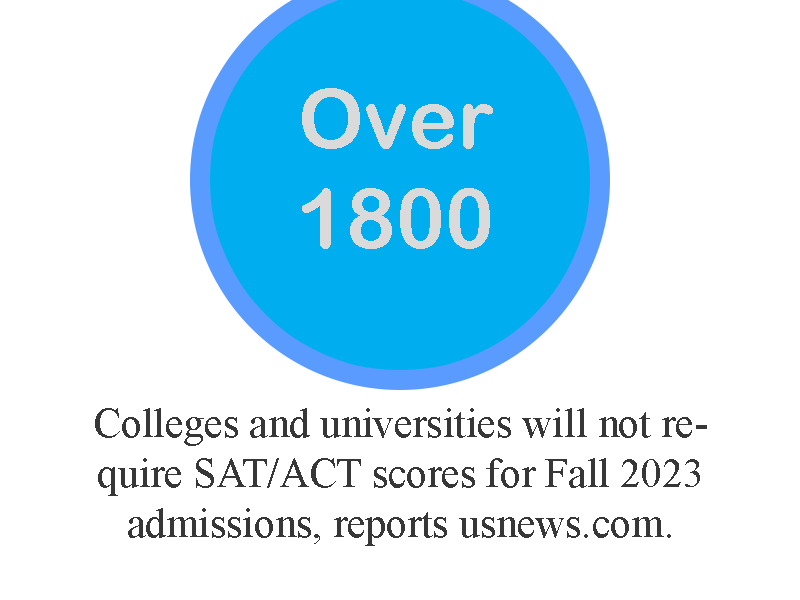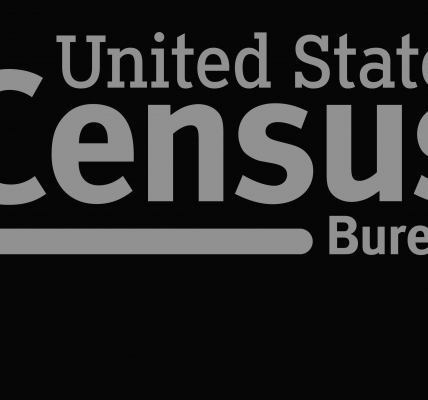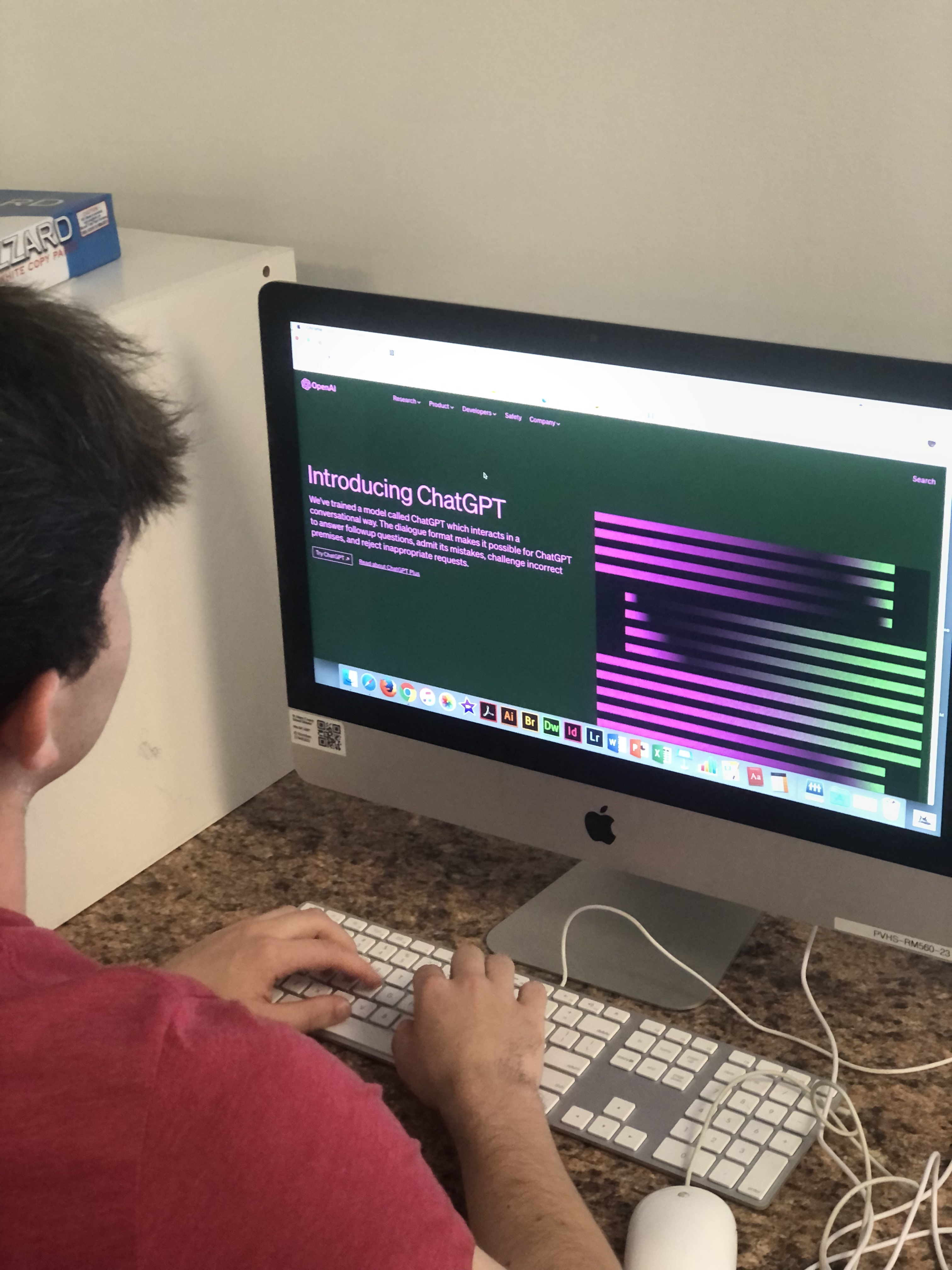By Leila Wickliffe
For years, standardized testing was a source of stress for students applying to college. Students generally began taking these tests in their junior and senior years in preparation for college applications. Colleges used these standardized tests, namely the SAT and ACT, to help colleges with admission decisions. However, with the closing of several testing facilities due to the COVID-19 pandemic, test-optional policies have become more widespread at many institutions for students who didn’t get the chance to take or retake their tests. These test-optional policies essentially allowed students the flexibility to decide if they would like to submit their test scores as a part of their application. While this doesn’t necessarily mean that colleges aren’t interested in seeing applicants’ test scores, if a student doesn’t submit their scores, it wouldn’t be counted against them. Although test facilities have reopened and many COVID-19 restrictions and safety guidelines have been loosened or altogether abandoned, colleges are still allowing students to apply test-optional.
So now, this application season’s seniors face one more dilemma regarding their standardized test scores. They must decide to either submit their test scores or apply without scores altogether. It must be considered that in the event of applying test-optional, there may be someone who has the same qualifications as another person, and that is when having test scores to reference may prove to be useful. It begs the question: is there any advantage to applying test-optional over submitting test scores?
Before the pandemic, nearly all four-year college institutions required applicants to apply with either the SAT or ACT, and even if scores were not required, they were often used for placement and scholarship consideration. These standardized tests were a common metric amongst colleges, so these test-optional policies bring about a certain level of scrutiny regarding college admission processes. Now that test scores may not be included in every application, admission officers must rely on extracurriculars, GPAs, coursework, and essays more heavily than before. Some schools like the University of Chicago and Carleton College still want to see test scores since they claim that these assessments demonstrate “evidence of academic achievement that exists outside of the context of your school.”
Meanwhile, schools like Boston College simply say that students who apply test-optional will have one less credential for officers to consider and that they will have to “focus on the other portions of students’ applications.” However, Boston College also provided an arguably vague response to a question about whether or not a student should apply test-optional. The school said, “Like any other portion of an application, strong performance can improve a student’s candidacy and weak performance can hinder it. We provide mid-50 percent ranges for enrolled students to provide you with context as you assess whether or not to submit your scores.” This would imply that there might be some merit in not submitting a score lower than the mid-50 percent range for this particular school. Hazel Parent, a senior at Ponte Vedra High School, understands that some students may need to utilize test-optional policies when they are unable to submit scores due to circumstances out of their control, but she also noted, “I think as long as colleges are still able to fairly review and admit applicants, it’s not a bad thing. However, I think test scores do have merit and are an important measure and that submitting them should be encouraged when possible.” College counselors do not have concrete strategies to guarantee that applying test-optional will increase the chances of being admitted, but they do have general advice about the process. Michelle McAnaney, founder of The College Spy and a college consultant for over 20 years, said that excluding test scores doesn’t necessarily increase the likelihood of acceptance. However, she did note students should submit their SAT or ACT scores if “the scores reflect their academic abilities.” She also noted that students should know the middle 50 percent of scores at the schools they are applying to, so they can compare their scores to those of matriculated students. College admissions officers are also willing to help prospective students if they are confused about test-optional policies and other aspects of the admissions process.
Since the inception of widespread test-optional policies after the pandemic, Common App, a college admission application, collected data from the 2020 to 2021 application season. Only 43 percent of students submitted SAT or ACT scores, which was down from 77 percent of students who submitted scores for the 2019 to 2020 application season. According to Compass Education Group, only 3.6 percent of 416 colleges across the United States required the SAT or ACT for a complete application in the 2020 to 2021 application season. Meanwhile, 45.8 percent and 42.2 percent of colleges are currently temporarily test-optional or permanently test-optional, respectively.
These standardized tests also often require some sort of preparation either through self-study or through paid preparation courses through different organizations like the Princeton Review. It was also noted by the Common App study that score reporting was “far higher among applicants living in more affluent communities, as defined by local median household income in applicants’ local ZIP codes.” Sade Goodridge, a senior at PVHS, shared a similar sentiment about the costs of standardized tests, “Taking standardized tests can incur a great expense for some families. I once had a friend who asked a group of us if she should take the SAT again. The closest site to her was four hours away in the next state and she wasn’t sure if she should spend the $55 on the test or an application fee.” Standardized tests can pose a financial barrier to some students who cannot afford to take the tests multiple times due to the $55 fee for the SAT and the $60 fee for the ACT. Not to mention, the steep costs for preparation courses and resources may also put low-income, underrepresented students at a disadvantage.
While the pandemic and testing site closures could explain the dip in scores submitted, the extension of these policies begs the question to those who have already taken the exams if there is merit behind not submitting scores even if they have already taken the tests. Some students use tactics while submitting their scores. The study by Common App revealed that several individuals employed score-reporting strategies across their applications. “Specifically, nearly one in four (24 percent) of applicants reported scores in some, but not all, of their applications (up from 4 percent last season),” the study stated. However, some students submitted their scores regardless. Grace Liu, a senior from Parkview High School, said, “I’m personally satisfied with my score, so I think it can only help my application. Also, it would feel like a waste of my $60 test fee if I didn’t.”
Though many colleges claimed that test scores would not make or break an application, there was a heavy emphasis on scoring well on these tests. Students like Goodridge, Liu, and Zihan Zhao, a senior from Parkview High School, can both agree that test-optional policies – whether students choose to utilize them or not – provide more flexibility within the college admissions process. Zhao went on and said, “It’s a good thing because it allows the admissions office to focus on other aspects of someone’s application if they choose not to submit their standardized test scores, which is something that wasn’t allowed in past years. It gives people much more flexibility if their strong suit isn’t standardized testing.” Liu felt similarly to Zhao in that she felt that the SAT and ACT don’t demonstrate aptitude the way they claim to. “Broad tests like the SAT and ACT are just so flat and ill-equipped to actually tell you anything meaningful about a student or their ‘scholastic aptitude.’ Everyone tests differently for a variety of reasons: socioeconomic status, resources, home situations, and more. It’s just a blanket test that’s really bad at measuring anything meaningful,” Liu added. Goodridge also shared a similar sentiment. She noted, “At the end of the day, applying test optional will not hurt my chances. Instead of studying for a test that does not reflect even an ounce of who I am, I can now showcase my strength as a candidate through extracurriculars and essays.”
College application season can be a stressful time for hopeful seniors, and test-optional policies could seemingly lift some of the weight off of their shoulders. The advantages or disadvantages of applying with or without scores are yet to be substantiated since many colleges remain ambiguous on the real weight standardized tests carry in this post-COVID-19 application season. While right and wrong application strategies are always up for discussion, there may never be a solid formula for students to follow when choosing to apply test-optional or not. It is advised by McAnaney that students apply to a mix of reach, target, and safety schools, and students should balance their college lists with schools where test scores are competitive. Applicants must make the executive decision, and all they can do is put their best foot forward on their college applications. If that foot includes test scores or not, it is purely discretionary to the student.





